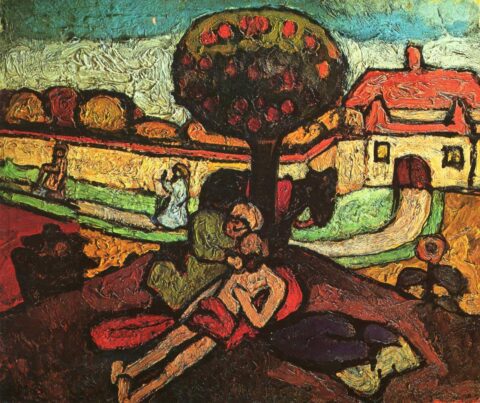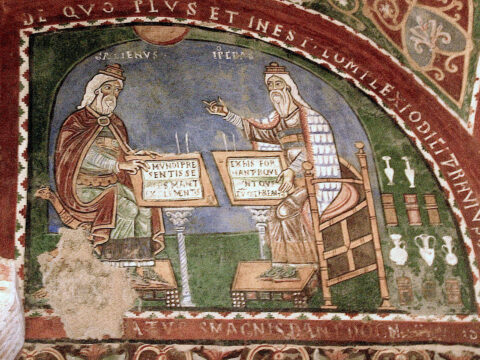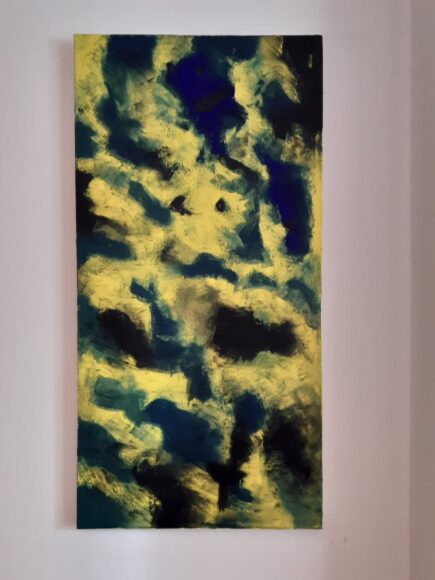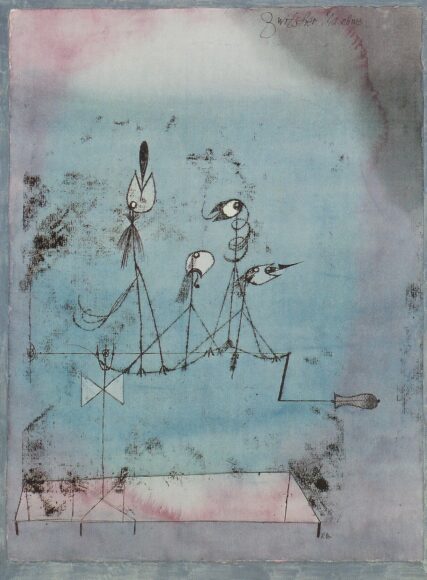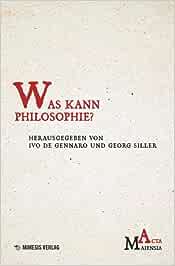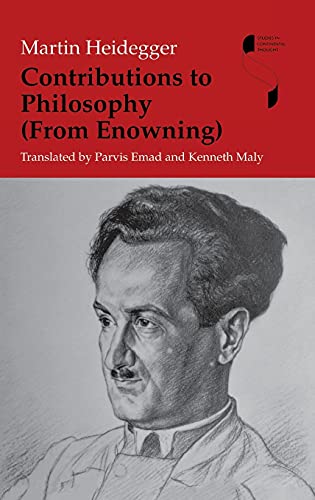
Parvis Emad, professor emeritus at DePaul University (Chicago, IL), passed away on February 16, 2023. As the founder of Heidegger Studies in 1985, along with his German and French co-editors, Friedrich-Wilhelm von Herrmann and François Fédier, he served on the Scientific advisory board of eudia for many years. Emad was amongst the most subtle and profound interpreters and translators of Heidegger’s Denkweg. Notably, his translations of Beiträge zur Philosophie (Vom Ereignis) (Contributions to Philosophy (From Enowning), together with Kenneth Maly) and Besinnung (Mindfulness, together with Thomas Kalary), flanked by rigorous interpretive essays, remain milestones in the reception of Heidegger’s thought in the English-speaking world. His scholarly interests, informed by perspectives and provisions derived from hermeneutic phenomenology, spanned the entire philosophical tradition, from the pre-Socratics to Nietzsche and Scheler.
Born in Tehran in 1935, Emad obtained a PhD in philosophy from the University of Vienna (where he met Fridolin Wiplinger), before moving to the United States.
In 2011, Frank Schalow edited a collection of essays in his honor.
*
Readers can find a previously published contribution here and the announcement of one of his collections of essays here.
